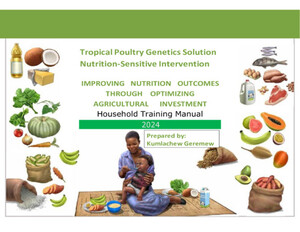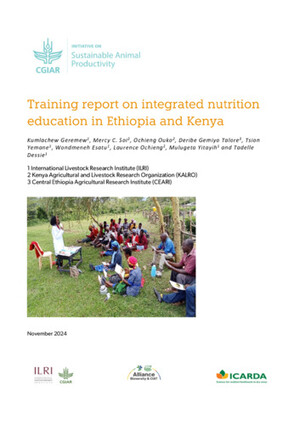
Adapting the Women's Empowerment in Nutrition Index: Lessons from Kenya
Abstract
Women face a disproportionate burden of malnutrition and food insecurity. Research has shown that women's empowerment can buffer women against nutritional problems. This paper contributes to ongoing efforts to measure women's empowerment that are both context-sensitive and universal, focusing on the recently developed Women's Empowerment in Nutrition Index (WENI). Earlier research has shown it is both a valid construct and positively related to dietary and nutritional outcomes of women in South Asia. We establish that WENI is generalizable to agropastoral and pastoral Kenya, an area with substantially different livelihoods, food system, norms, and institutions than South Asia. We find that a locally contextualized WENI is strongly associated with women's body mass index and dietary diversity as well as household level food insecurity. We also present findings for two shorter variations of WENI: an abbreviated WENI (A-WENI) and a cross context WENI (CC-WENI). A-WENI contains a small subset of WENI indicators identified using machine learning with South Asian data and therefore is context-specific. CC-WENI does not contain indicators specific to the validation context. We find that they perform comparably well with caveats. Thus, as use of WENI expands we recommend adapting WENI for in-depth analyses of women's nutritional empowerment; using CC-WENI for cross-context comparisons; and using A-WENI for rapid appraisals of community level progress in a given context.
Citation
Lentz, E., Jensen, N., Lepariyo, W., Narayanan, S. and Bageant, E. 2025. Adapting the Women's Empowerment in Nutrition Index: Lessons from Kenya. World Development 188: 106887.










